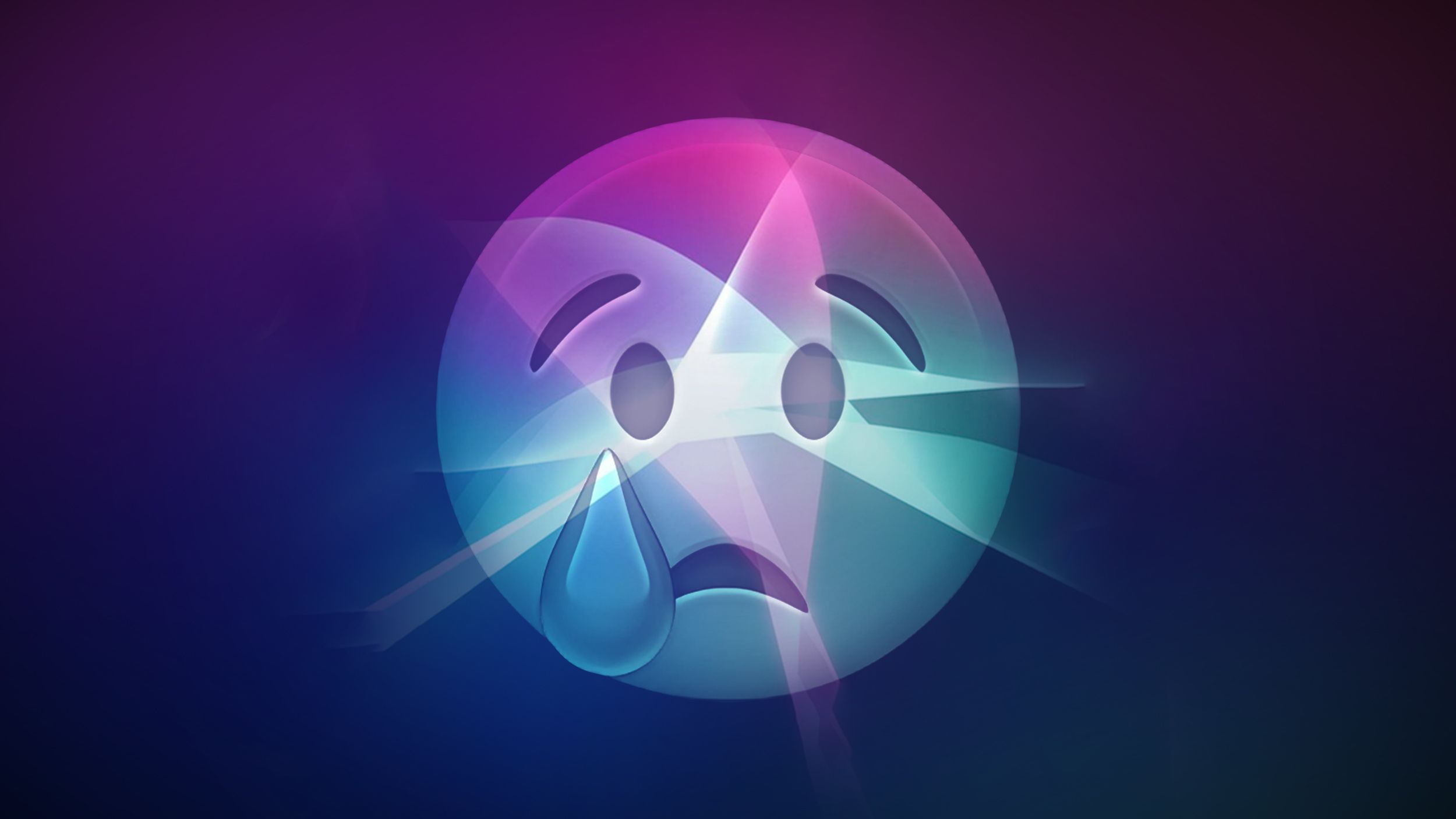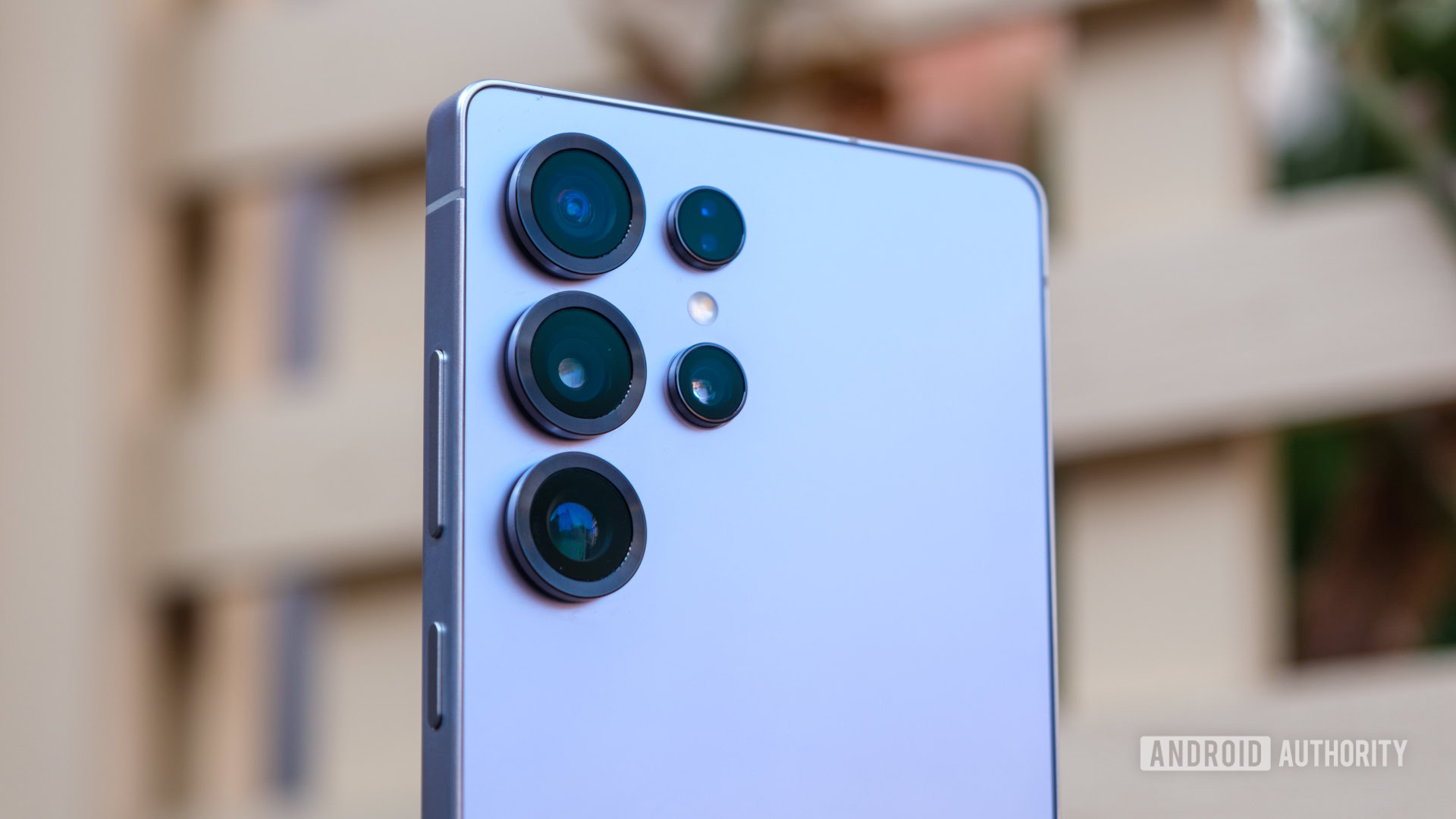While the Echo is physically smaller than the Google Nest Audio, its woofer and tweeters are larger, which means it can put out a bit more power. You won’t get wall-shaking bass from this small speaker, but low frequencies sound nicely rounded and full, as heard in our bass test track, The Knife’s “Silent Shout.” The kick drum hits have a good sense of thump that doesn’t reach low enough to be physically palpable, but still avoids sounding overly poppy or punchy.
How We Test Speakers
The improved bass also comes through clearly in Yes’ “Roundabout.” The opening guitar plucks get plenty of lower-frequency resonance to sound warm and full, and the electric bassline stands out in the mix when the rest of the instrumentation kicks in. The Echo doesn’t have quite the same high-frequency finesse offered by the Nest Audio, so the string texture and vocals don’t stand out quite as much, but there is significantly more response in the lows and low-mids.
The Crystal Method’s “Born Too Slow” also sounds very good on the new Echo. The backbeat doesn’t get quite enough low-frequency presence to sound properly ominous (it seldom does on speakers this size), but it provides enough thump to drive the track, while the guitar riffs and vocals stand out in the mix.
The audio performance here easily eclipses what you get with the $50 fourth-generation Echo Dot, which is only a cosmetic upgrade from the previous model and falls far short of the Echo in the bass department. The $200 Echo Studio still offers the strongest audio experience of the bunch, but it also costs the most. For $100, the standard Echo is impressive.










